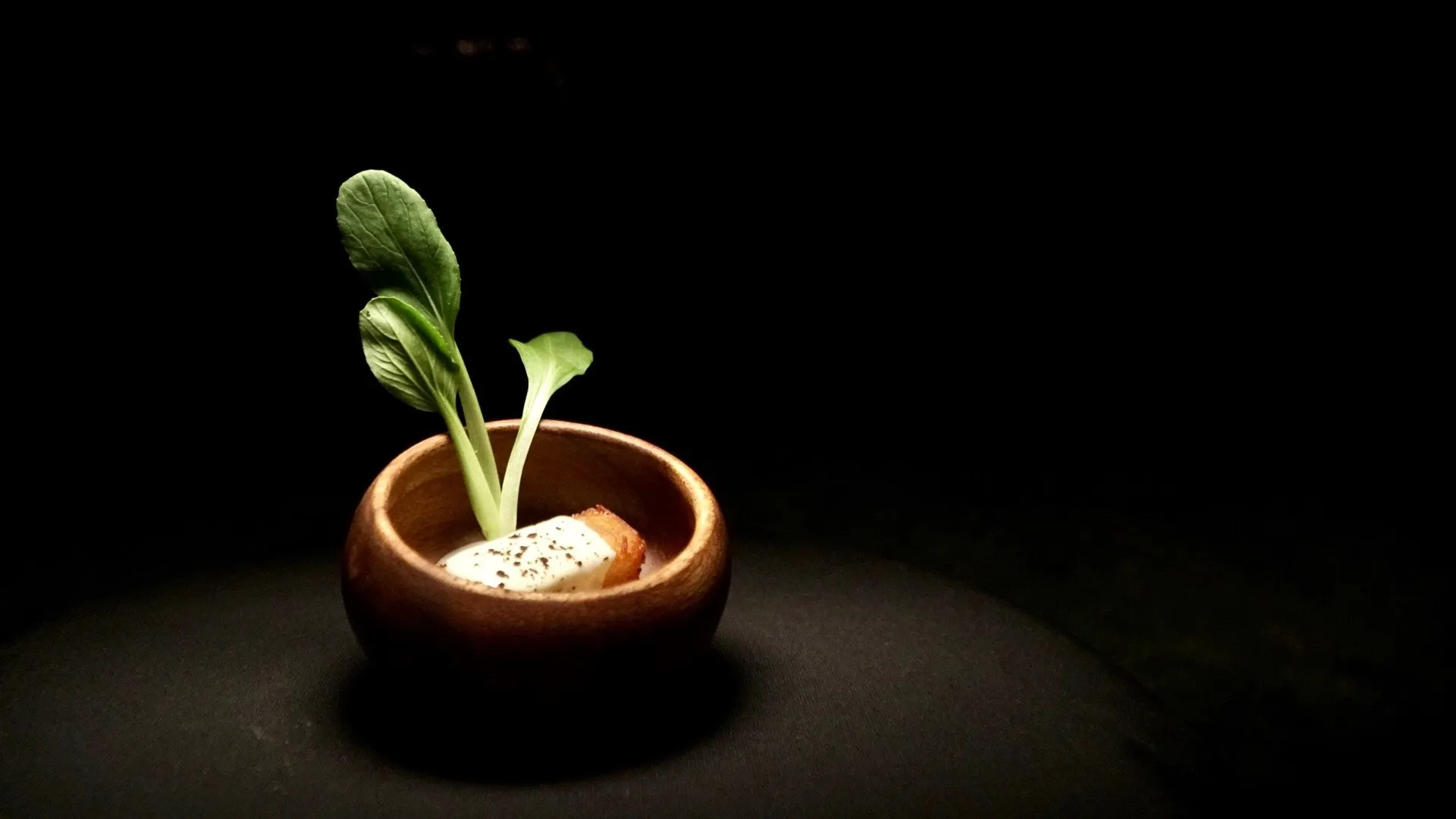
Herbalism and plant medicines are the original CVS. Before modern medicine, humans relied on the village’s Traditional Healers to source medicinal herbs to help the human body heal itself from a whole host of issues. Whereas now we have IV drips and Erewhon, our ancestors used roots and leaves to ease a headache or ward off infections — herbal medicines are still effective today.
“Plant medicines and herbalism date back thousands of years,” says Heather Hanks, M.S., and Holistic Nutritionist @ Life Insurance Star. “These types of herbs were used in ancient times to cure common ailments before pharmaceutical drugs were available. Early European civilizations also used herbalism and plant medicines to cure sickness, to offer as gifts, and to assist with birth,” she continues.
“Plant medicine and herbalism refers to the practice of using plants as medicine to prevent, treat, and cure human diseases,” says Hanks. These medicinal herbs can be found all across the world, and are often associated with Traditional Chinese Medicine (TCM).
While there are hundreds of healing herbs, we couldn’t possibly name them all. (Mostly, because The Bachelorette is on tonight and I don’t have time to sit here and give you a botany lesson when Greg is sobbing about his late wife!).
Here is a list of herbal medicines and their uses, so you can take a more natural approach to healing.
“Garlic is one of the most powerful and dated plant medicines,” says Hanks, and it is definitely more than just a delicious breath terrorist. It’s actually got tons of incredible anti-microbial properties, and may help to reduce the risk for cardiovascular diseases, hypertension, and diabetes.
“Research shows that allicin [(the primary active ingredient in garlic)] has antitumor and antimicrobial properties to protect against cancer and boost immune health,” explains Hanks. It’s also been known to shut down any argument if you eat some and then burp in your lover’s face.

While most people love to talk about how turmeric reduces inflammation (can someone please explain this to me? Am I flammable? I need more information), “research shows that turmeric may be as effective as Prozac at treating depression/anxiety,” says Hanks. PSA: always talk to your doctor or psychiatrist before switching or going off your meds!
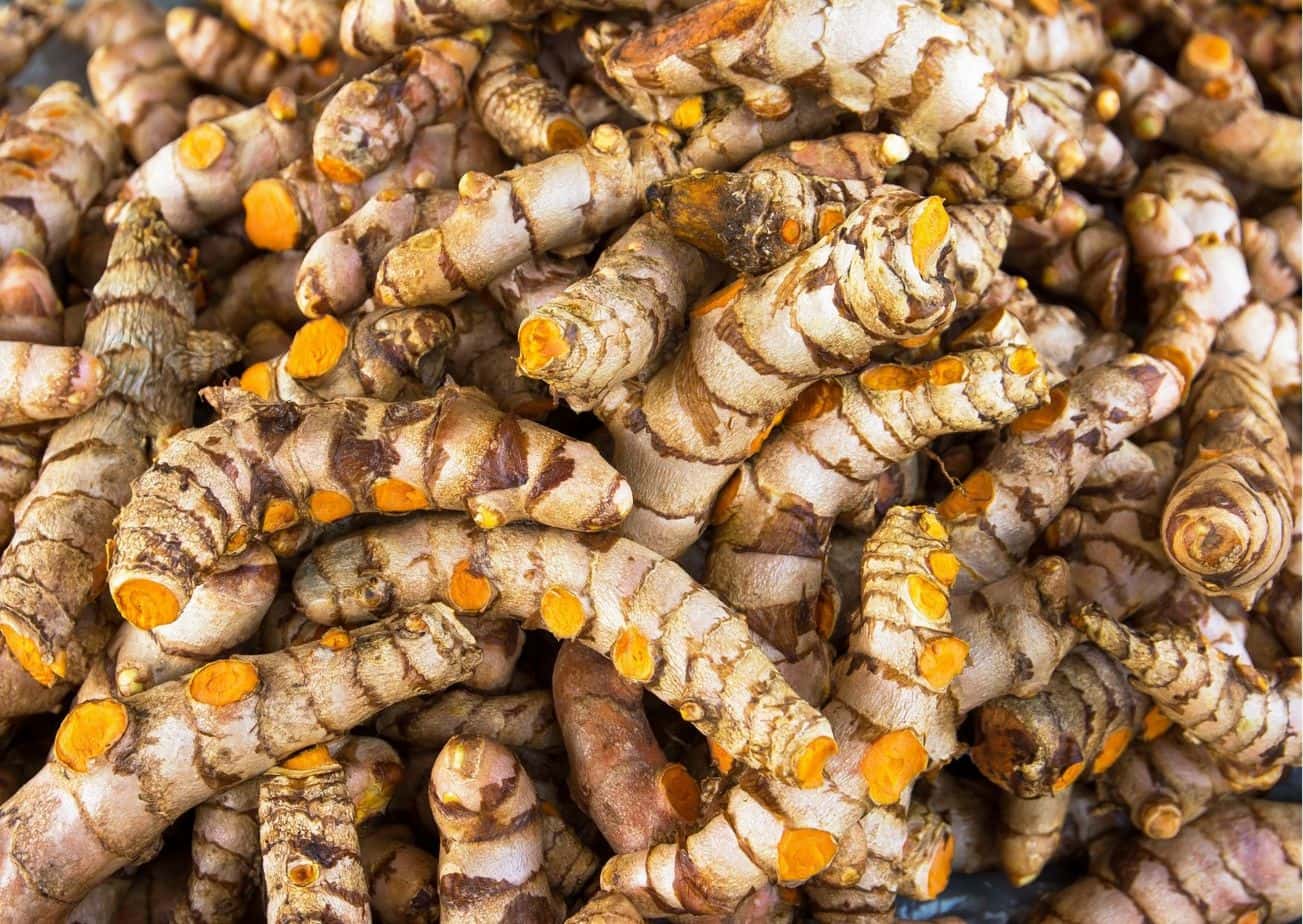
This cozy, yummy spice is not only delish in practically any dish, it’s also kind of a wonder-drug. According to research, not only is cinnamon an “antioxidant, anti-inflammatory, antidiabetic, antimicrobial, anticancer, lipid-lowering, and cardiovascular-disease-lowering compound, cinnamon has also been reported to have activities against neurological disorders, such as Parkinson’s and Alzheimer’s diseases.” How’s that for an oatmeal taste booster?

Edible mushrooms have been seen as a superfood since ancient Chinese, European, and Roman cultures, even referred to as “the elixir of life.” They contain several bioactive compounds that promote overall health and wellbeing, including disease prevention, immune system enhancement and lowering cholesterol.
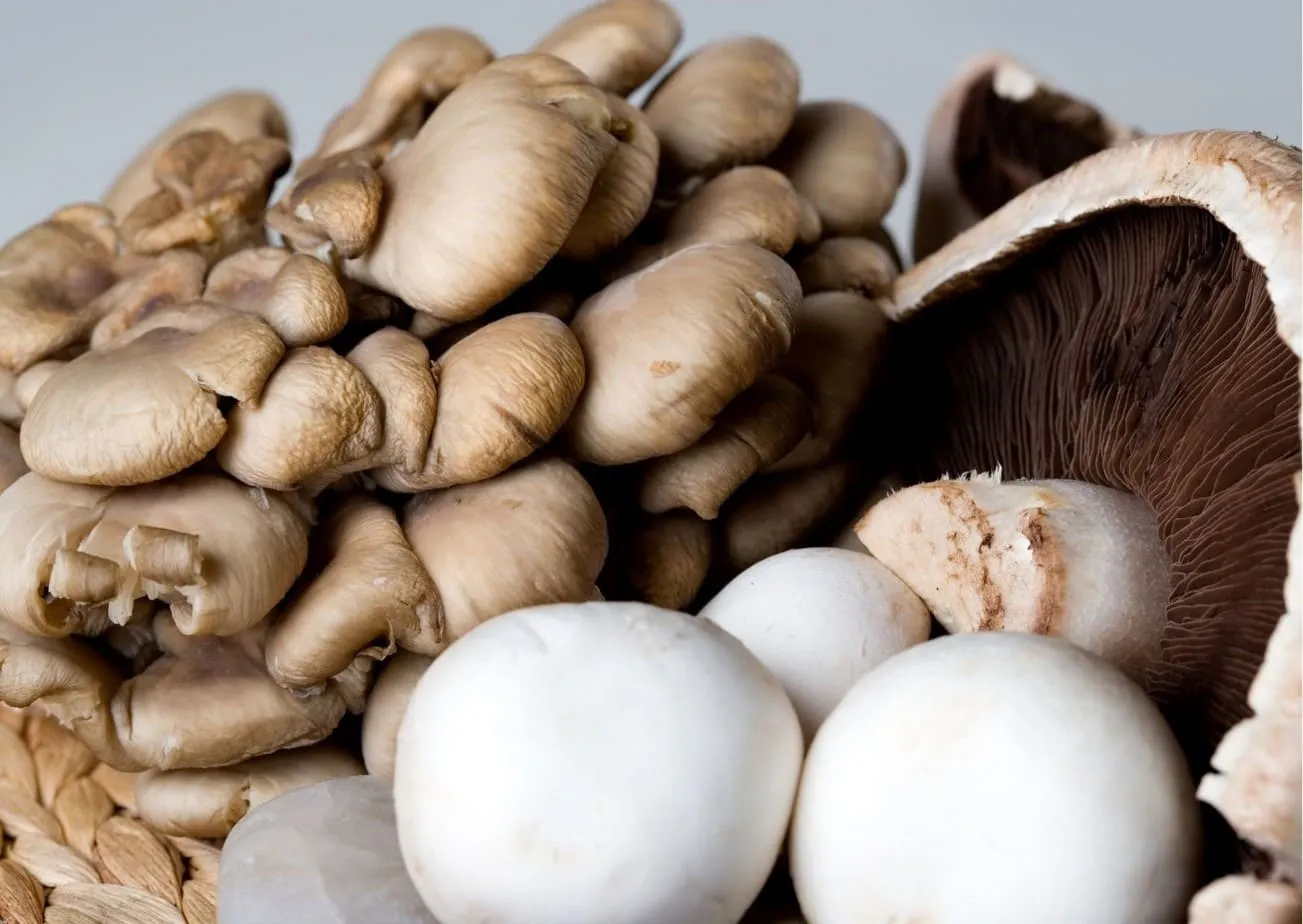
Travel often? You’re going to want to start taking more echinacea (and me with you). It’s got several important immune-boosting and anti-inflammatory properties, and can beat the hell out of the common cold. “It’s commonly taken in supplement form along with other immune-boosting herbs, including elderberry, as well as vitamin C,” says Hanks.

If you suffer from frequent headaches, try taking a daily feverfew herbal supplement. “I like to take feverfew for migraines as it has been shown to help with headaches,” Hanks says.
In addition to head pain relief, it’s been long used since the early Greeks for fevers, rheumatoid arthritis, stomach aches, toothaches, and problems with menstruation and labor. When I push a Jewish watermelon out of my crotch, you bet your ass I will be eating all the feverfew available in the Western hemisphere.
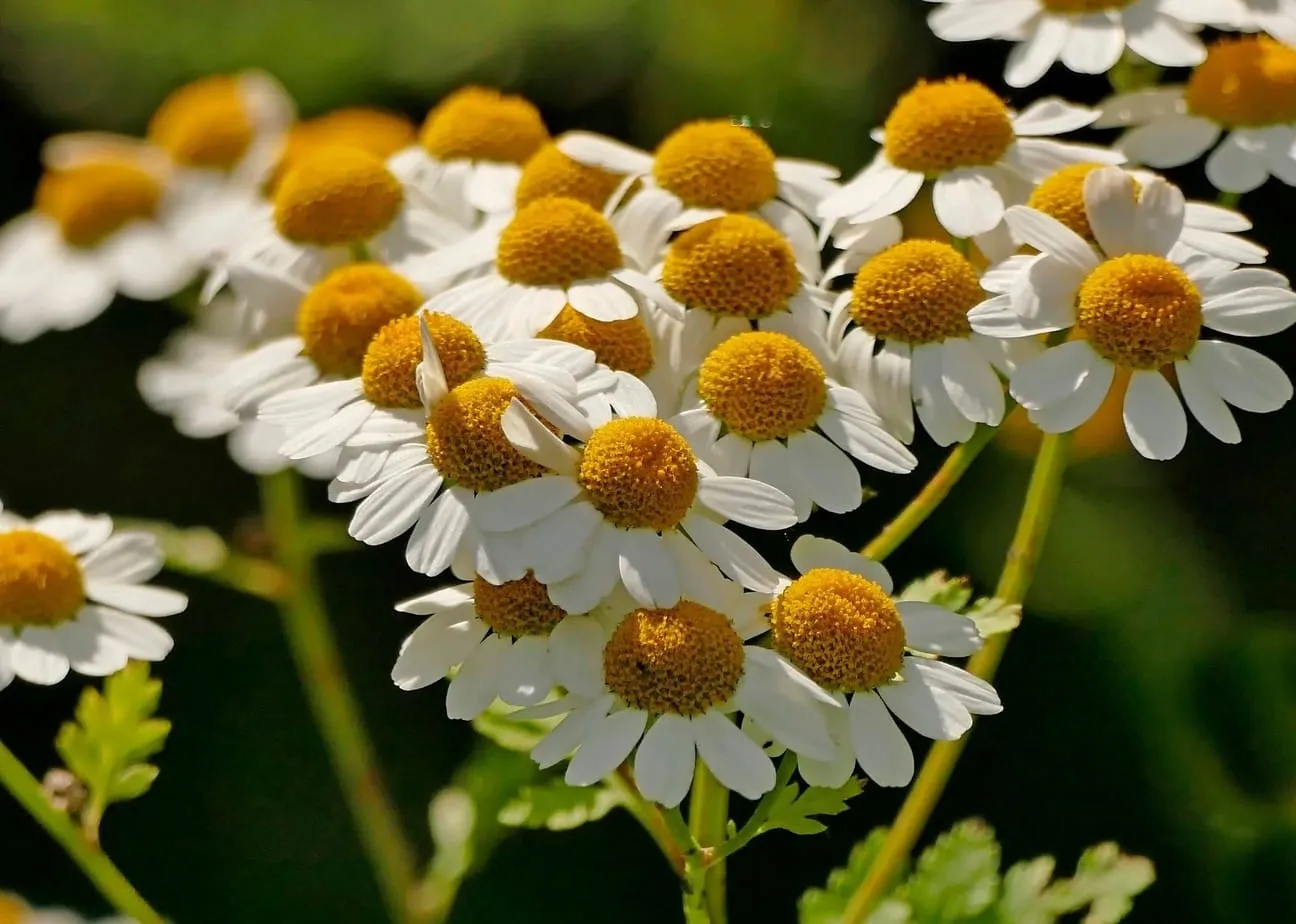
Ginger is most often associated with anti-nausea and digestive issues (pregnant people love their Ginger Chews!). But ginger can also help prevent chronic diseases, and can be used as an antibacterial/viral, anti-inflammatory, and anticancer agent.
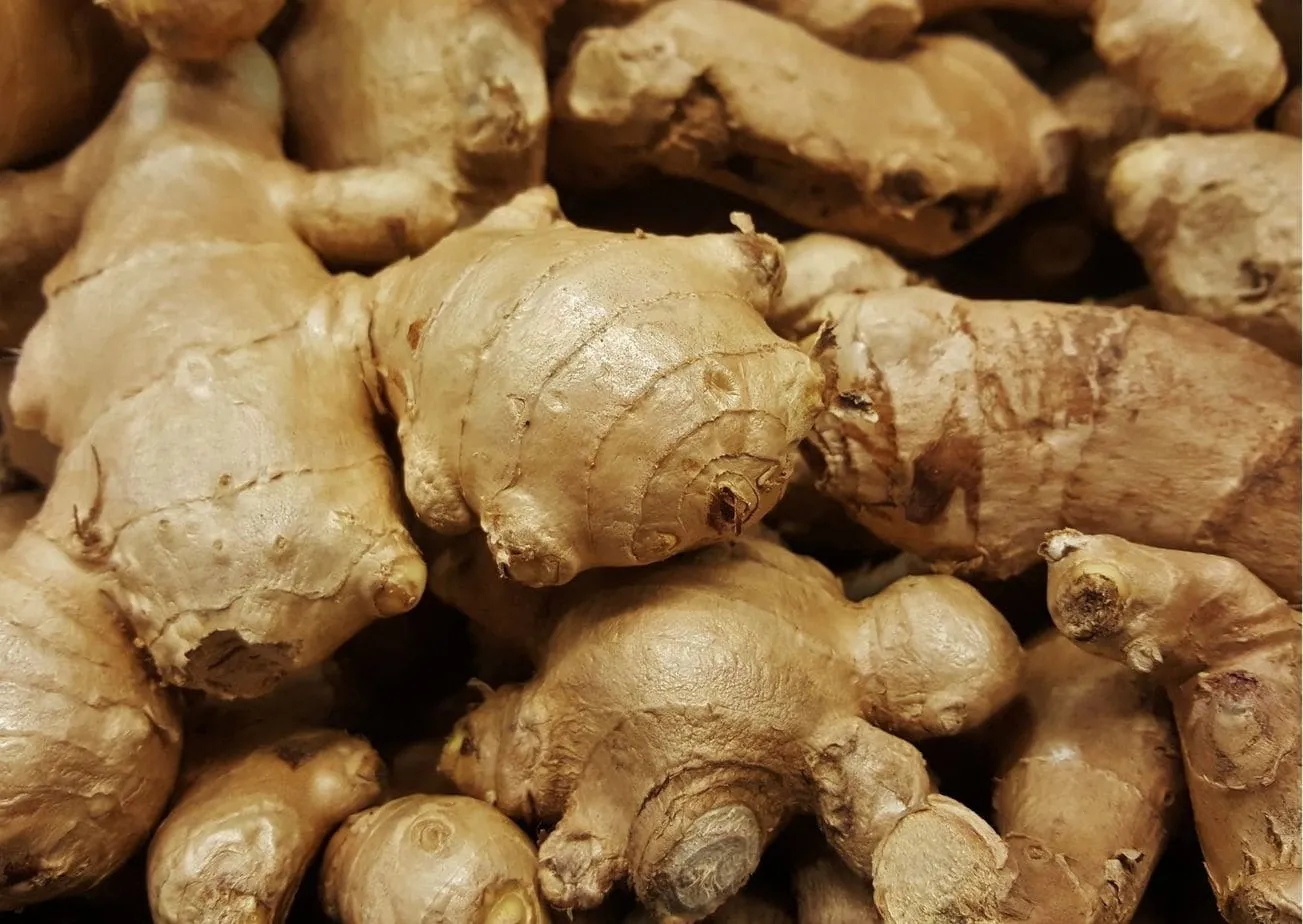
Not only does lavender smell like a dream, it’s also been shown to help you dream. Lavender promotes relaxation, can help reduce stress and anxiety, and is used in aromatherapy to calm the mind and body, which may help you sleep better!
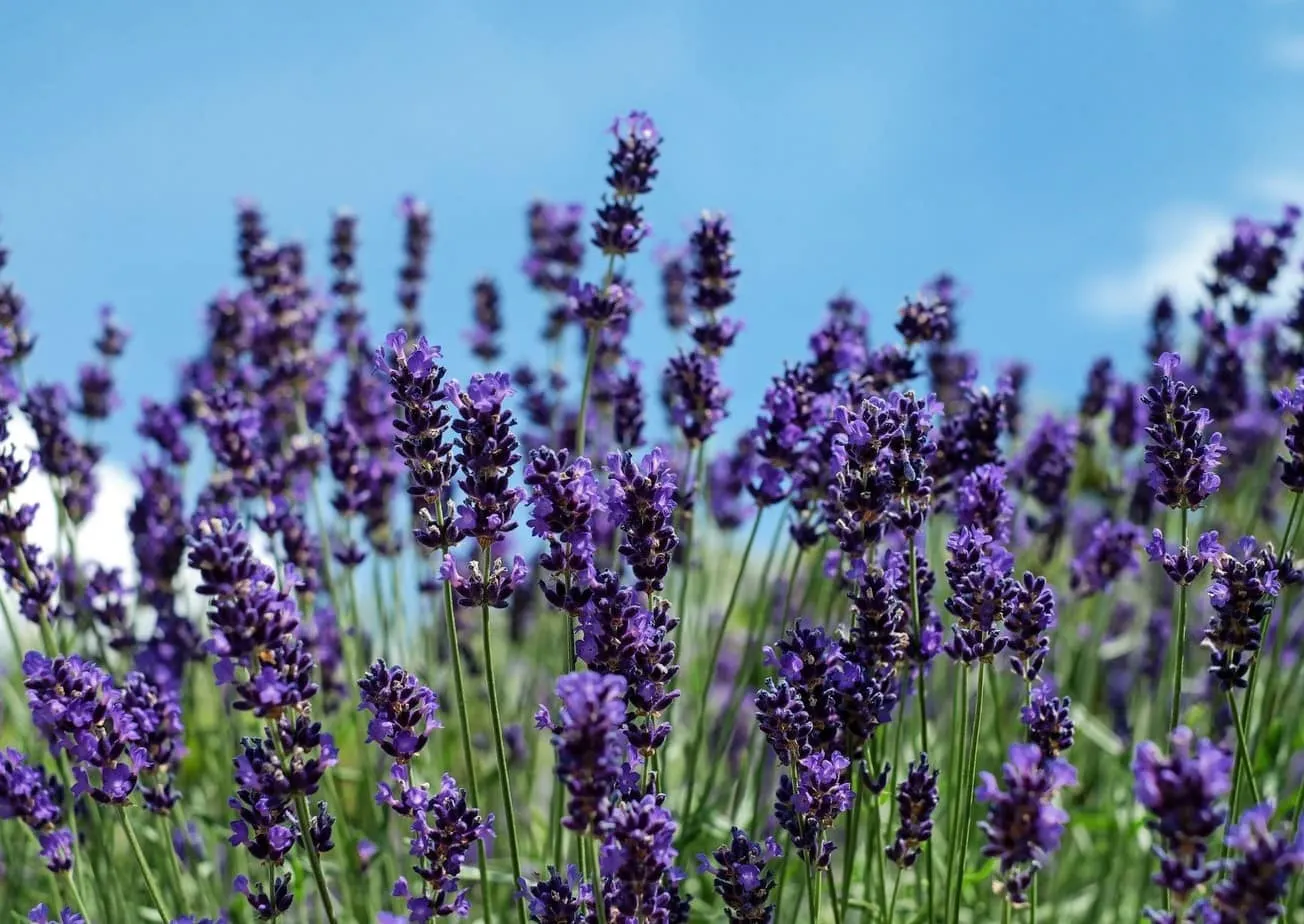
Long used in traditional Chinese medicine, Gingko leaves can help boost brain health and help stave off dementia. It can also be used for bone health and eye health, and may even aid in schizophrenia therapy.
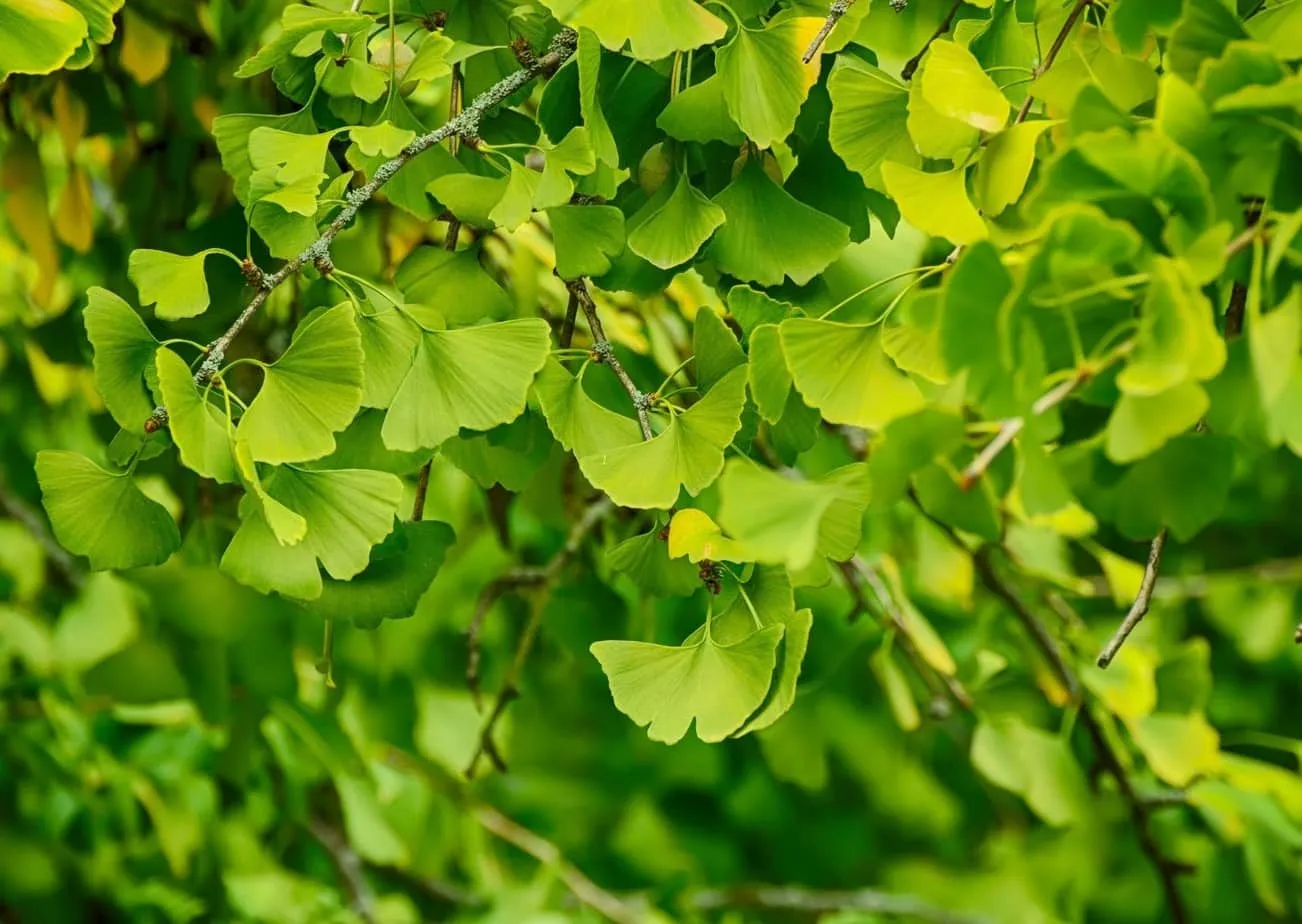
You didn’t really think we’d skip our beloved Cannabis, did you? Girl, please. “Cannabis has been shown to reduce anxiety, depression, chronic pain, and insomnia,” says Hanks. “It contains two primary compounds: CBD and THC. THC is the compound in cannabis that is responsible for making you feel high, while CBD is mostly used for its anti-inflammatory properties,” she explains.
You can smoke it, eat it, or rub CBD serums or creams on your body!
Think of plant medicine like nature’s Secret Service for your body and overall health. It’s pretty cool that Mother Nature supplied such a wide variety of natural herbs to protect us from disease, but then again, what can’t she do?
